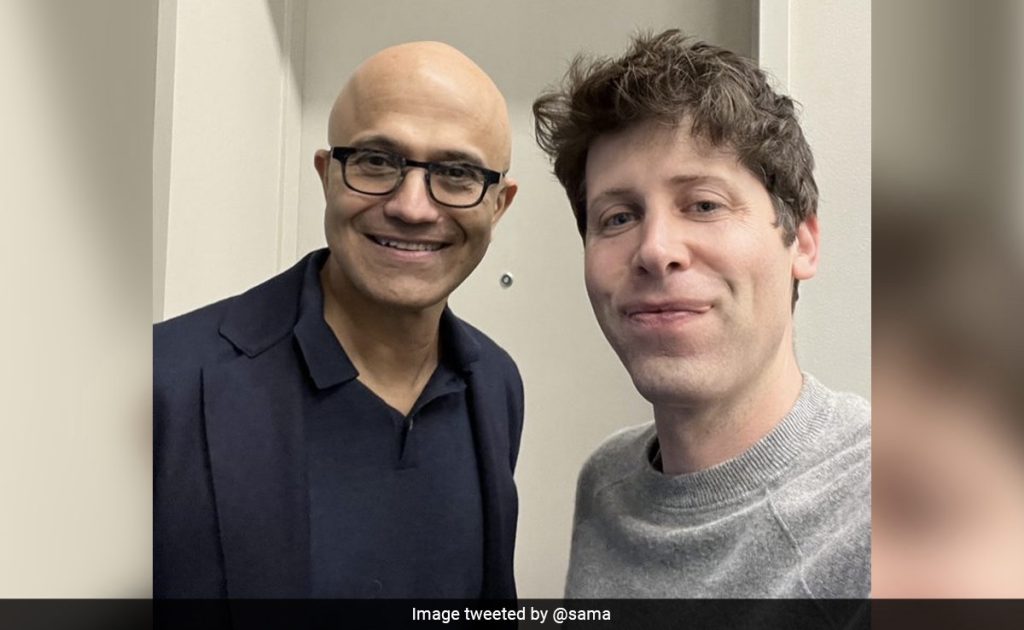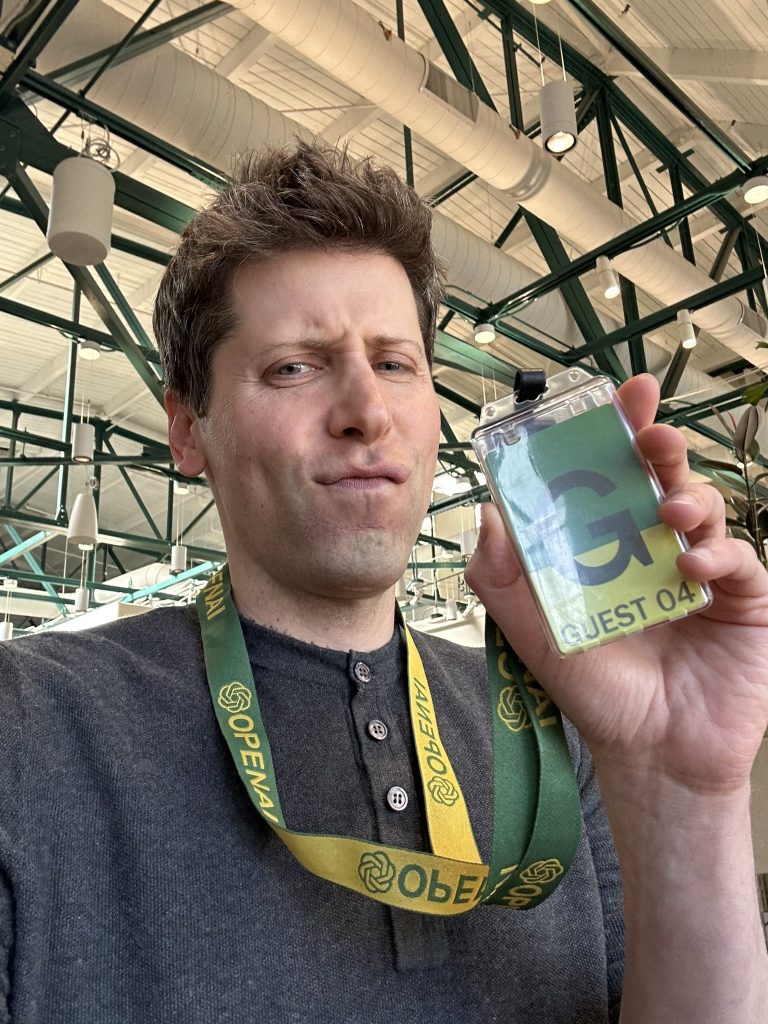OpenAI has been a beacon of innovation in the field of artificial intelligence, pushing the boundaries of machine learning through its development of advanced language models and other AI technologies. At the helm until recently was CEO Sam Altman, who has made decisions that have shaped not only the landscape of AI but also the structure and alliances within OpenAI itself.
Back in 2019, a partnership formed that would set the stage for ripples throughout the tech community. Microsoft, led by CEO Satya Nadella, invested a significant sum of $1 billion in OpenAI. This investment was heralded by some as a milestone for AI development but was met with scrutiny by others within the organization, including OpenAI’s then VP of Research, Dario Amodei. As reported on a Stratechery article by Ben Thompson, a harbinger of misalignment and potential harm to OpenAI’s mission of advancing digital intelligence in a manner that could benefit humanity was signaled by some top talent at OpenAI, who expressed concerns about this move bringing excessive corporate influence to a principally non-profit-oriented establishment.
Unfortunately, the reservations held by Amodei would culminate in his departure from OpenAI in 2020, a decision that would not only signify internal dissent but also give rise to a formidable competitor in the form of Anthropic. Amodei, accompanied by other former OpenAI researchers, would go on to establish this new venture, subsequently developing an AI known as Claude, which directly competes with OpenAI’s ChatGPT.

The narrative of collaboration between Sam Altman and Microsoft was distinguished by what Ben Thompson characterizes as a “troubling pattern” of deals that, ostensibly, were to the detriment of OpenAI’s independent interests. At the heart of these deals was a comprehensive intellectual property licensing arrangement that granted Microsoft “a broad perpetual license to all the OpenAI IP developed through the term of this partnership,” as explained on Microsoft’s Investor Relations page. This encompassed the technologies behind GPT-4 and Dall•E 3, up to the threshold of achieving Artificial General Intelligence (AGI).
Perhaps most intriguing is the turn of events emanating from a highly peculiar job offer from Satya Nadella to Sam Altman. Occurring just two days after Altman’s removal from OpenAI—later to be re-hired—it prompts speculation about favor trading. While the contours of this offer were sketched out on Twitter by Nadella, the context is striking given that Altman was faced with unrelated, serious personal allegations. These allegations, outlined in a piece by The Mary Sue, have been part of a larger conversation about ethics, technology, and leadership responsibilities.
This unfolding series of events has galvanized discussions on platforms such as a subreddit r/wallstreetbets (infamous for its role in the GameStop short squeeze) and the tech-focused community forum Hacker News. Late on November 22nd, a thread emerged on Hacker News, synthesizing the allegations and suggesting that Altman’s actions with Microsoft may have betrayed his fiduciary responsibilities to OpenAI.

The detailed discussion on Hacker News also informs public members on filing a whistleblower complaint with the U.S. Securities and Exchange Commission (SEC) concerning the supposed pattern of favor-trading behavior between Altman and Nadella. The consequences of these alleged actions are substantial—not only for the individuals but also for the respective companies and the broader AI landscape, as they may have inadvertently paved the way for the inception of OpenAI’s rival, Anthropic.
Professional scrutiny and public interest continue to percolate around this complex and developing story, highlighting the delicate balance required when innovating at the cutting edge of technology while adhering to ethical and fiduciary standards. As the web of alliances and decisions continues to unfold, the tech community and market watchdogs alike remain vigilant regarding the potential shifts in power dynamics within the AI industry.



